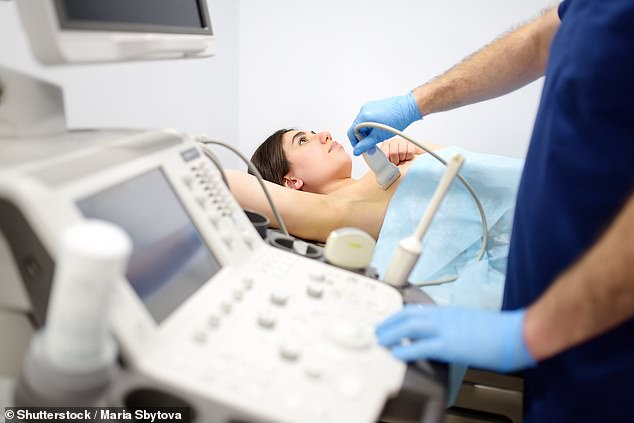More than a thousand women with advanced breast cancer will have “more time with their loved ones” after the NHS gave the green light to a new treatment.
Elacestrant, a once-daily tablet, will be prescribed to women with a genetic mutation that makes traditional hormone-based treatments less effective.
Its launch should benefit about 1,100 women and comes less than two months after Nice initially rejected the drug in October.
Campaigners welcomed the U-turn but remain “deeply concerned” that many women with secondary illnesses do not receive the help they deserve under the new criteria.
Earlier this year, another drug, Enhurtu, was denied on cost grounds, despite being available in much of Europe, including Scotland, as well as the United States, Australia and Japan.
Claire Rowney, chief executive of Breast Cancer Now, said: “Today’s news is very welcome, but we remain deeply concerned that the system is not working to get all secondary breast cancer medicines to the people who need them so much. “.
“We continue to be tireless in our efforts to ensure that all people with secondary breast cancer can access the life-saving treatments they so need and deserve.”
About eight in ten cases of breast cancer are hormone receptor positive (HR+), meaning they grow in response to hormones such as estrogen.
Elacestrant, a once-daily pill, will be prescribed to women with a genetic mutation that makes traditional hormone-based treatments less effective

Its launch should benefit about 1,100 women and comes less than two months after the drug was rejected in October.
These cancers are commonly treated with hormone therapy, also called endocrine therapy.
However, up to half of patients will acquire mutations in the ESR1 gene that can make conventional hormone therapy less effective than in patients without the mutation.
This drives cancer growth even in the absence of estrogen.
In people with this genetic mutation, elacestrant works by degrading estrogen receptors on tumor cells, which may help limit the cancer’s ability to grow and divide.
Helen Knight, Nice’s director of medicines evaluation, said the decision was made based on evidence from doctors and patients.
She said: ‘The committee understood that patients living with advanced breast cancer prioritize treatments that prolong life, support quality of life and delay the need for chemotherapy, while being safe and tolerable.
“Elacestrant is a promising new treatment with potential to address these priorities.”
Conducted by Menarini Stemline, genetic testing for the ESR1 mutation will be required to determine who is eligible.
It is recommended for patients whose cancer has worsened after at least a year of treatment with hormone therapy and a CDK4/6 inhibitor, a drug that targets certain proteins on cancer cells to stop their growth.


